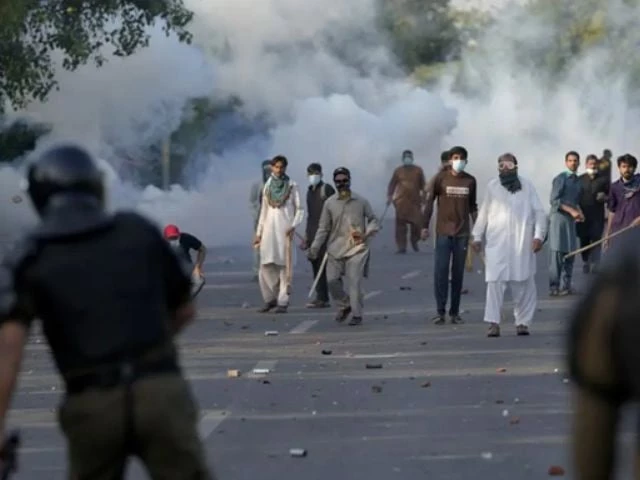Supreme Court’s Call for Legislative Reform: A New Era for Military Justice in Pakistan
The recent directive from the Supreme Court of Pakistan has set a crucial precedent for the nation’s judicial system. In a pivotal ruling, the Court has called on the federal government and Parliament to pass legislation within 45 days that would allow for an independent right of appeal against convictions handed down by military courts. This call highlights the importance of ensuring due process and the constitutional right to a fair trial—both vital elements in upholding justice.
This directive emerged from a set of Intra-Court Appeals (ICAs) reviewed by a larger bench, emphasizing the need for balance between military law and civilian rights. The Court’s ruling came after a controversial judgment that had earlier declared certain provisions of the Pakistan Army Act, 1952, unconstitutional. This ruling initially sought to prevent the trial of civilians in military courts, particularly following the unrest on May 9–10, 2023.
The Court has reinstated essential clauses that permit civilian trials under military law only under specific circumstances, such as attempts to lure military personnel away from duty or violations related to defense secrets. While these provisions have been restored, the Supreme Court clarified that their application is not limitless. The need for an independent appeal system to civilian courts remains essential for ensuring fairness.
Justice Amin-ud-Din Khan, in delivering the majority judgment, made it clear that while the Army Act provides certain due process protections, the lack of an independent right of appeal renders its application to civilians constitutionally inadequate. His assertion that this gap should be closed through legislative action emphasizes the judiciary’s role in upholding constitutional integrity.
Meanwhile, Justice Muhammad Ali Mazhar featured an agreement in his opinion. He stressed the fundamental nature of having an independent right of appeal as part of a fair trial under Article 10-A of the Constitution. This sentiment underscores the collective desire for a more just system.
According to the Court’s order, until Parliament enacts the necessary changes, individuals convicted by military courts retain the option to approach High Courts. These courts will evaluate whether due processes were adequately followed and if convictions are substantiated by relevant evidence.
The Supreme Court’s message is clear: while citizens have the constitutional right to protest and assemble peacefully, any violent actions—especially those threatening national security—demand a lawful response. The events of May 9–10 presented a stark reminder of these threats, highlighting the need for responsible governance that balances rights with safety.
In restoring challenged provisions of the Army Act, the Court has respected Parliament’s legislative authority while advocating for necessary safeguards. Justice Mazhar aptly noted, “Law should be saved rather than destroyed,” reiterating the judiciary’s obligation to interpret laws fairly while maintaining constitutional compliance.
As these developments unfold, it’s vital for civil society, legal experts, and concerned citizens to stay informed and engaged. Whether you’re a legal professional, a concerned parent, or simply a citizen interested in justice, your voice matters. Organizations like Pro21st can provide insights and a platform for dialogue on these critical issues. Stay tuned to see how this legislative journey unfolds and how it impacts our rights moving forward!
At Pro21st, we believe in sharing updates that matter.
Stay connected for more real conversations, fresh insights, and 21st-century perspectives.





